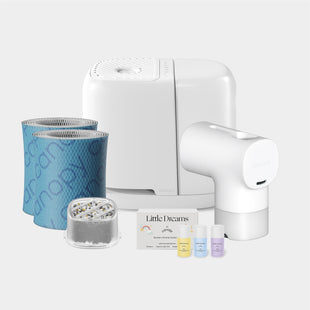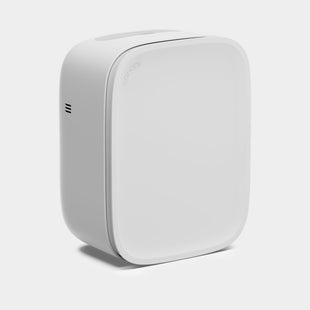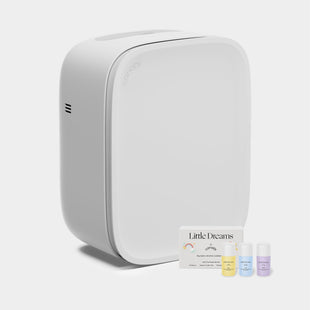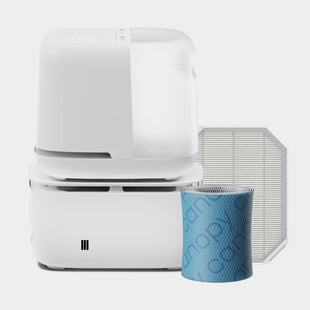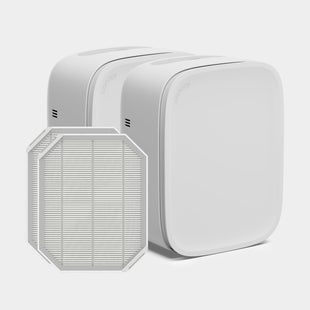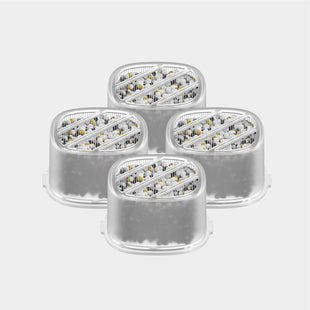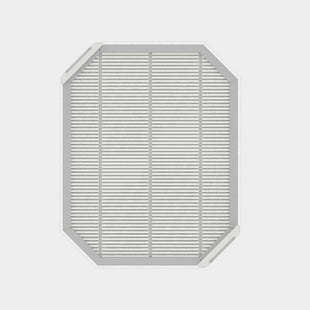Throughout cold and flu season, there are many steps you can take to reduce your risk of falling ill or decrease the severity of your symptoms if you do get sick. Cooler weather means people are spending more time indoors during cold and flu season, so it makes sense to think about what you can do at home to fight colds and the flu. The first step is to make sure you have a good humidifier.
The Benefits of a Humidifier for Flu and Cold Prevention
As the season progresses, our risk of exposure to cold and flu viruses increases, especially as the germs circulate indoors. Holiday gatherings put us in close contact with more people, which can lead to more germs being introduced to the environment. Fortunately, a humidifier can help to lower your risk of getting sick or developing severe symptoms.
Humidifiers add moisture back into the air, which plays an important role in controlling germs. Virus particles die quicker when relative humidity is higher, and the added moisture can help limit their spread. When humidity is low, water droplets and aerosols—the germs produced when we speak, cough, and sneeze—are transmitted more easily through the air. To keep these germs at bay, you’ll need to maintain indoor humidity of 40% to 60%, but it often falls to 20% or lower during the winter.
Low humidity levels can also dry out the cells and mucous linings within our airways and nasal passages. Our immune system relies on these defenses to combat illness, and without adequate moisture, viral particles are better able to land and thrive at receptor sites. Humidifiers help keep the nasal passages and airways moist, strengthening your body’s innate mechanisms for fighting illnesses.
Using a Humidifier for Cold and Flu Symptoms
While a humidifier can help prevent illness this season, it also makes sense to run a humidifier when sick. Dry air can make seasonal illnesses worse, extending the amount of time you’re sick and intensifying symptoms.
Do Humidifiers Help with Congestion?
You’ve probably heard about the importance of staying hydrated if you get a cold or flu. Many experts recommend drinking plenty of water and keeping the nasal passages lubricated with saline. Humidifiers get to the root of the issue—dry air—and add moisture back, which can loosen mucus to help relieve congestion.
Humidifiers also keep the nasal passages and throat hydrated, which can control congestion and reduce discomfort when you’re sick. It’s no surprise that many people turn on their humidifier at the first sign of nasal symptoms.
Does a Humidifier Help with Cough?
Congestion isn’t the only uncomfortable symptom to accompany cold and flu viruses. A persistent cough can be frustrating, but running a humidifier can help with this symptom, too. The CDC notes that running a humidifier can help to alleviate coughing by thinning mucus and soothing the throat and airways.
Using Humidifiers Safely
Unfortunately, humidifiers could also introduce the risk of mold development since mold thrives in damp areas. Mold is an allergen that can trigger allergy and asthma symptoms—not ideal when you’re looking to combat the cold and flu.
The good news is that Canopy humidifiers use a unique mold-inhibiting* design inside the humidifier. With mist-free operation, our humidifier is free from bacteria and particles. It’s also easy to clean for a hassle-free experience.
Cold and flu season is in full swing, so let Canopy help keep your family healthy and comfortable. Our bedside humidifiers are perfect for small spaces, while our new Canopy Humidifier Plus is designed for spaces up to 1,000 square feet. Treat an entire apartment or a large common area in your house with properly hydrated air and soothing aromas.
*Mold inhibition limited to device interior. Does not treat air or environment. 3rd party lab-tested with Aspergillus niger (ATCC 6275, 16404).









